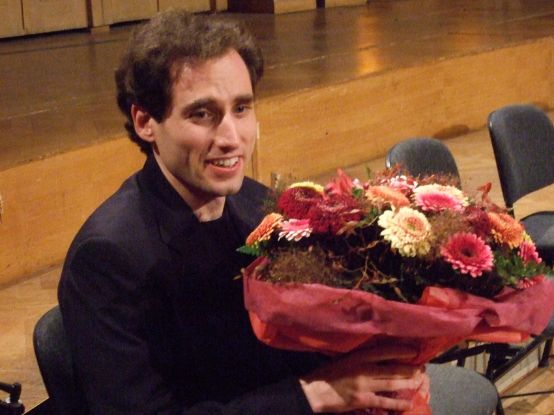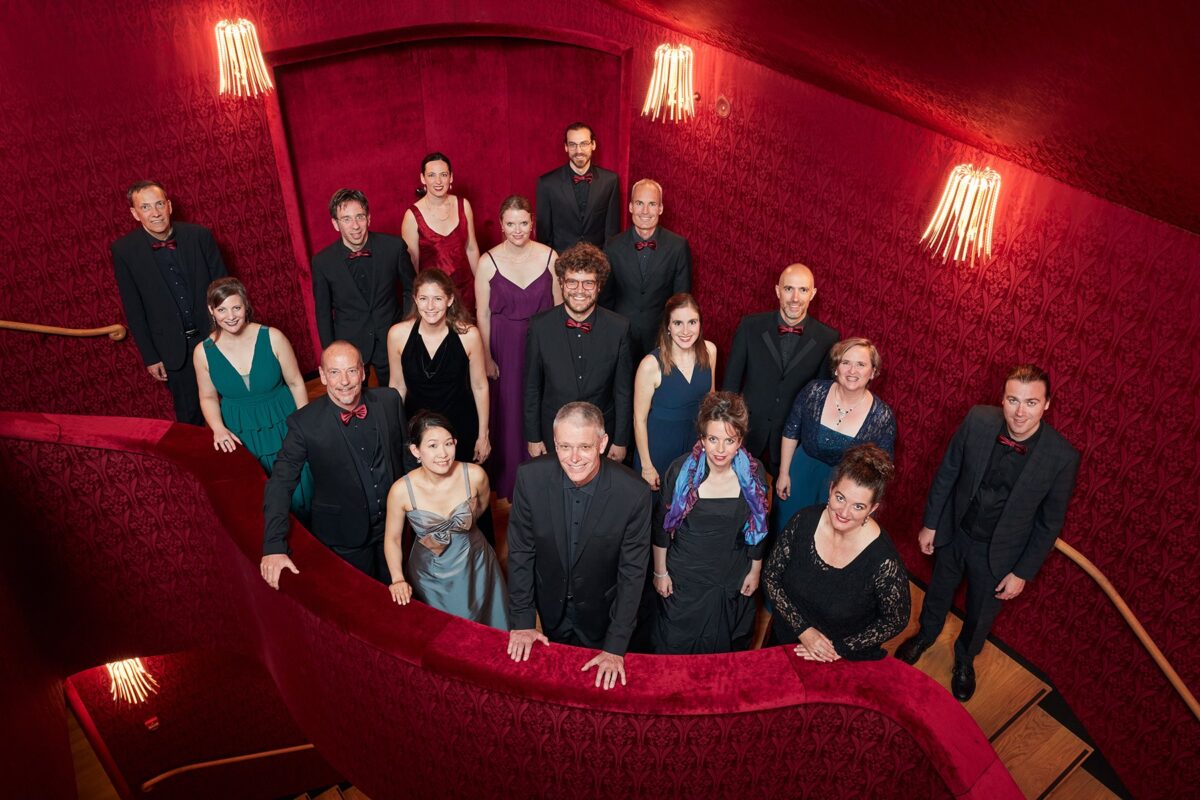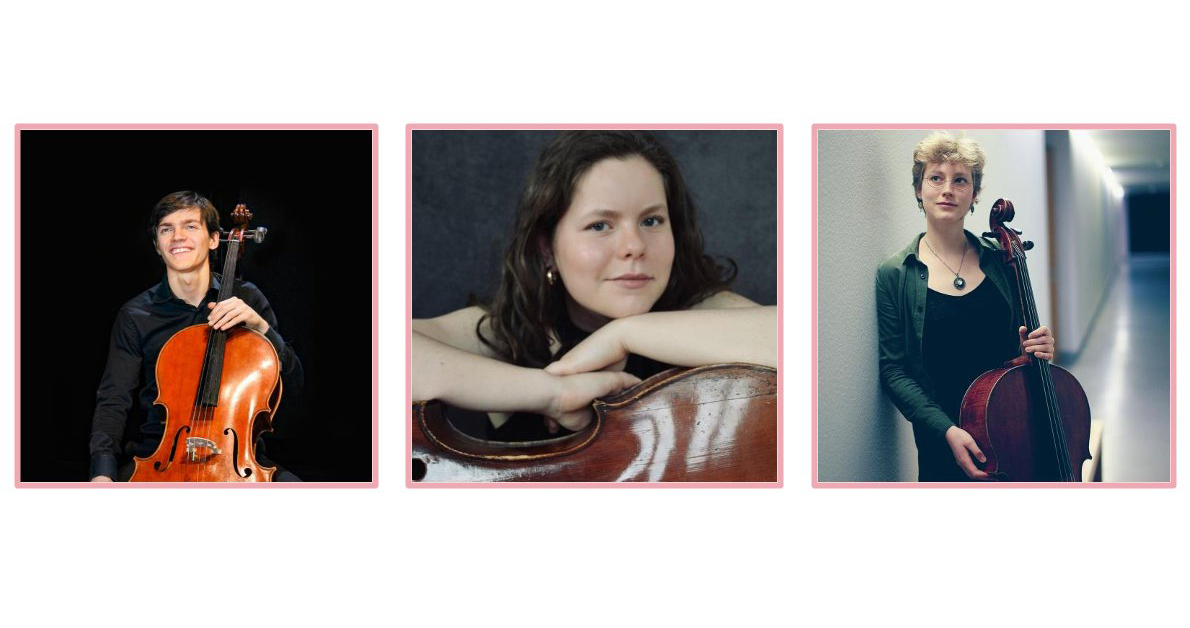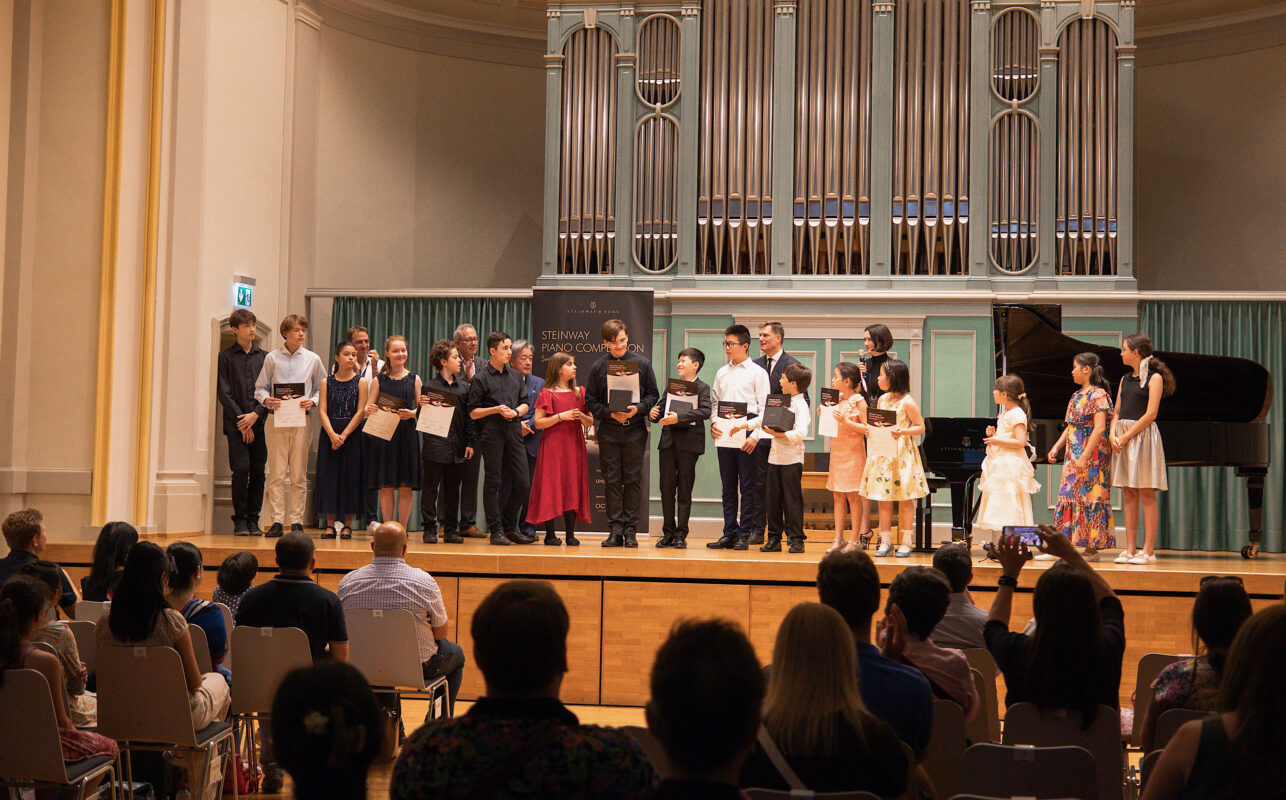A shining winner from Israel
The 29-year-old pianist Boris Giltburg won this year's Concours Reine Elisabeth. His interpretation of Beethoven's Piano Sonata No. 27 and Rachmaninov's 3rd Piano Concerto delighted the jury and audience alike.

At the age of five, Boris Giltburg emigrated with his entire family from the former Soviet Union to Israel. The likeable and modest winner is no stranger to success, having already won 2nd prize at the Santander Competition in Spain in 2002, 1st prize at the Vendome Competition in Lisbon in 2003 and 2nd prize at the Arthur Rubinstein Competition in Tel Aviv in 2011. He has also performed several times in Switzerland. In addition to his inspiring musicality, Boris Giltburg impresses with his ability to converse fluently in Hebrew, Russian, English, French and German. His name indicates a German origin, but his family history, as he explained, cannot be traced back more than three generations through the turmoil of history. In addition to his main occupation as a pianist and musician, he shows great interest in (German) literature, painting and, more recently, photography. This interdisciplinary approach to art is audibly reflected in his musical interpretation. His touching playing is extremely differentiated and rich in nuances, so that the music becomes an agogically breathing and even the pauses become a sounding experience. The fact that technique is never an end in itself, but is always used thoughtfully in favor of the music, sets Boris Giltburg far apart from many of the twelve finalists from nine countries. It will be interesting to see where his path will lead.
Rémi Geniet
The 2nd prize went to the 21-year-old Frenchman Rémi Geniet, who fascinated and convinced the jury with his poetic playing and differentiated touch in Beethoven (Sonata No. 9 op. 14/1) and the contemporary compulsory piece In the Wake of Ea by the young French composer Michel Petrossian. He understood very well how to create a balance between melody and harmony and how to realize gradual gradations in dissonances audibly.








